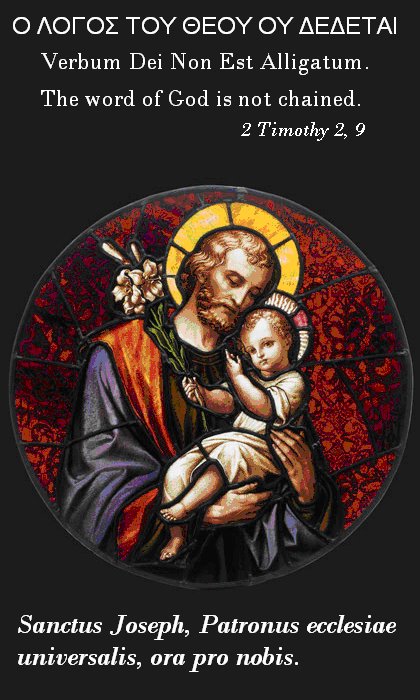Theodore was born in 759 into a pious and noble family. His mother Teoctista and uncle Platone, abbot of the monastery of Sakkudion, were venerated as saints. At age 22 he embraced the monastic life. Because of a rupture with Patriarch Tarasio over the latter's weakness with respect to the adulterous marriage of the emperor Constantine VI, he was exiled to Thessalonica in 796. Reconciled with the imperial authority the following year under the Empress Irene, he returned to Constantinople and took up residence in the monastery of Studios. From here he initiated the "Studite reform."
He became head of the resistance to the iconoclasm of Leo VI the Armenian, a new opposition to images and icons in the Church. The procession of icons organized by the monks of Studios unleashed the reaction against this policy. From 815 to 821 Theodore was scourged, imprisoned, and exiled. Finally he was allowed to return to Constantinople, but not to his own monastery. He established himself with his monks on the other side of the Bosporus. He died on November 11, 826, as recorded in the Byzantine calendar.
Theodore understood that the veneration of icons concerned the very truth of the Incarnation. In his three books, Antirretikoi (Rebuttals), Theodore made a comparison between the relations among the three Persons of the Trinity, where the existence of each of the divine Persons does not destroy their unity, and the relation between the two natures in Christ, which do not compromise in Him the unity of the Logos. He argued that to abolish the veneration of icons of Christ would signify the cancellation of His own redemptive work, from the moment when, assuming human nature, the invisible Eternal Word appeared in visible human flesh and in this way sanctified the whole visible world. Icons, sanctified by liturgical benediction and by the prayers of the faithful, unite us with the person of Christ, with his saints, and by means of them, with the heavenly Father and bear witness to the entrance of the divine reality into our visible, material world.
Another profound conviction of Theodore was this: with respect to secular Christians, monks assume the obligation to observe with greater rigor and intensity the duties of Christians. For this they make a special profession which pertains to the hagiasmata (consecrations) and is a sort of "new baptism" of which the action of taking the habit is the symbol. Characteristic of monks is the commitment to poverty, chastity, and obedience. Addressing his monks, Theodore speaks in concrete, at times even picturesque, terms of poverty as an essential element of monasticism from its beginnings and as a following of Christ, but it points out a path for all the rest of us as well. The renunciation of material possessions, the attitude of freedom from them, as also sobriety and simplicity, are in force in radical form only for monks, but the spirit of such a renunciation applies equally to all. In fact, we must not depend on material property, we must rather learn renunciation, simplicity, austerity and sobriety. Only thus can a society grow in solidarity and overcome the great problem of world poverty. And so in this sense the radical sign of the poor monk indicates also a path for all of us. When next he expounds on the temptations against chastity he does not conceal his own experiences and he demonstrates the path of interior struggle to final self-mastery and so to the respect of one's own body and that of others as temples of God.
The principle elements of Theodore the Studite's spiritual teachings may be summed up as: love for the Incarnate Lord, made visible in the liturgy and in icons; faithfulness to baptism and the obligation to live in the communion of the Body of Christ, understood also as a communion of Christians among themselves; a spirit of poverty, sobriety, renunciation, chastity, self-control, humility, and obedience against the supremacy of self-will, which destroys the fabric of society and peace of mind; love for physical and spiritual labor; spiritual friendship born from purification of one's own conscience, one's own soul, one's own life. Let us seek to follow these teachings which point out to us the road to true life.
Subscribe to:
Post Comments (Atom)

No comments:
Post a Comment